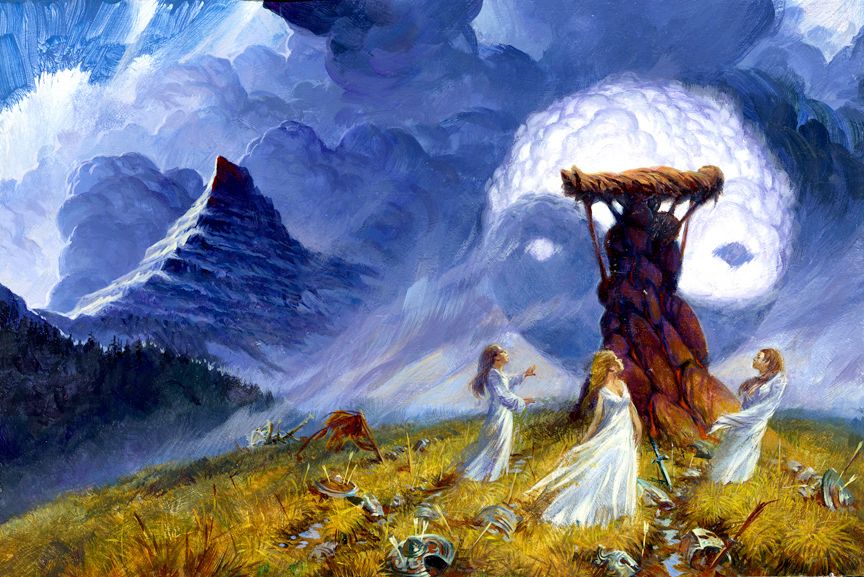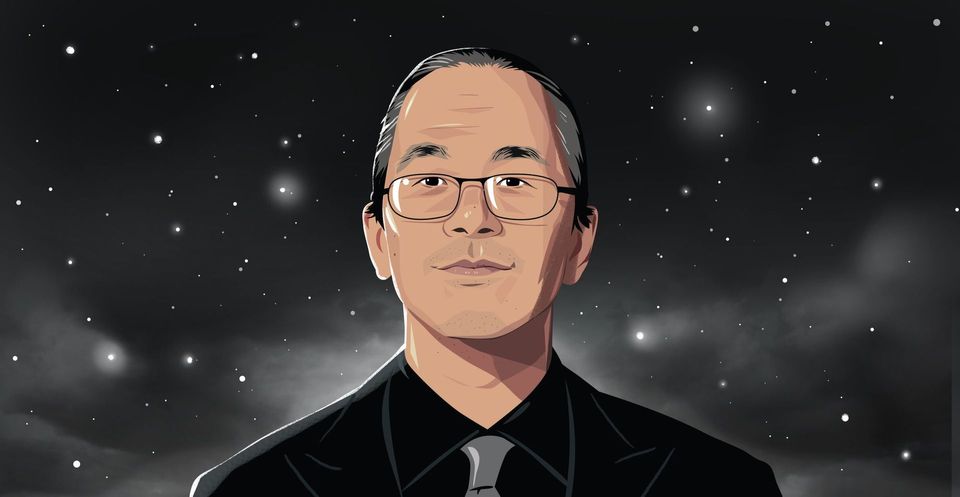Wheel of Time part 2: Why the TV series disappointed me
A breakdown of all of the issues I had with this adaptation of Robert Jordan's Wheel of Time book series as a reader of the first three books.
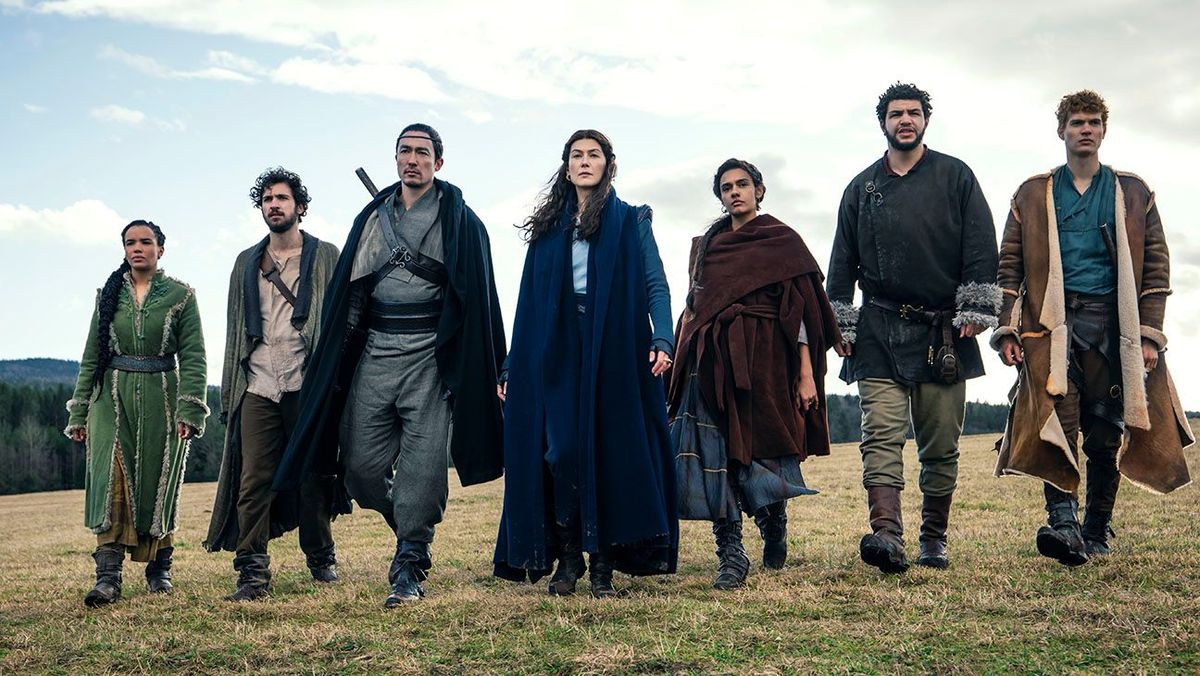
Note: this is part 2 in my Wheel of Time series, where I log my thoughts on each book in this epic fantasy series as I read them. Whilst I was initially inspired to read the series ahead of the Amazon Prime premiere, you can read my thoughts on the show below.
Read here for part 1 in the series:
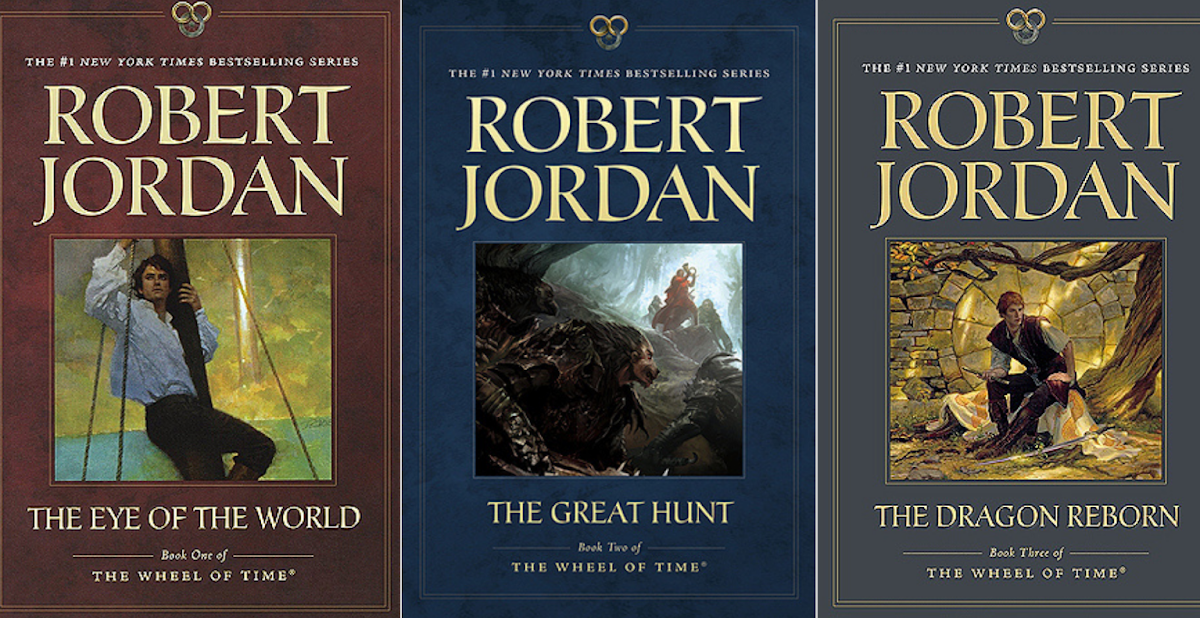
I recently finished a binge-watch of the Wheel of Time TV series. Honestly, I found it to be a bore and disappointment. Sadly, the largest positive this show provided me was a reason to start reading the series. The Prime show makes the the first three books much better by being a poor adaptation, and makes me fearful for the streaming service’s future fantasy adaptations.
This will be a spoiler-free article but I vaguely refer to points from the general plot of Season 1 and book 1 of the series.
Context of the show's production
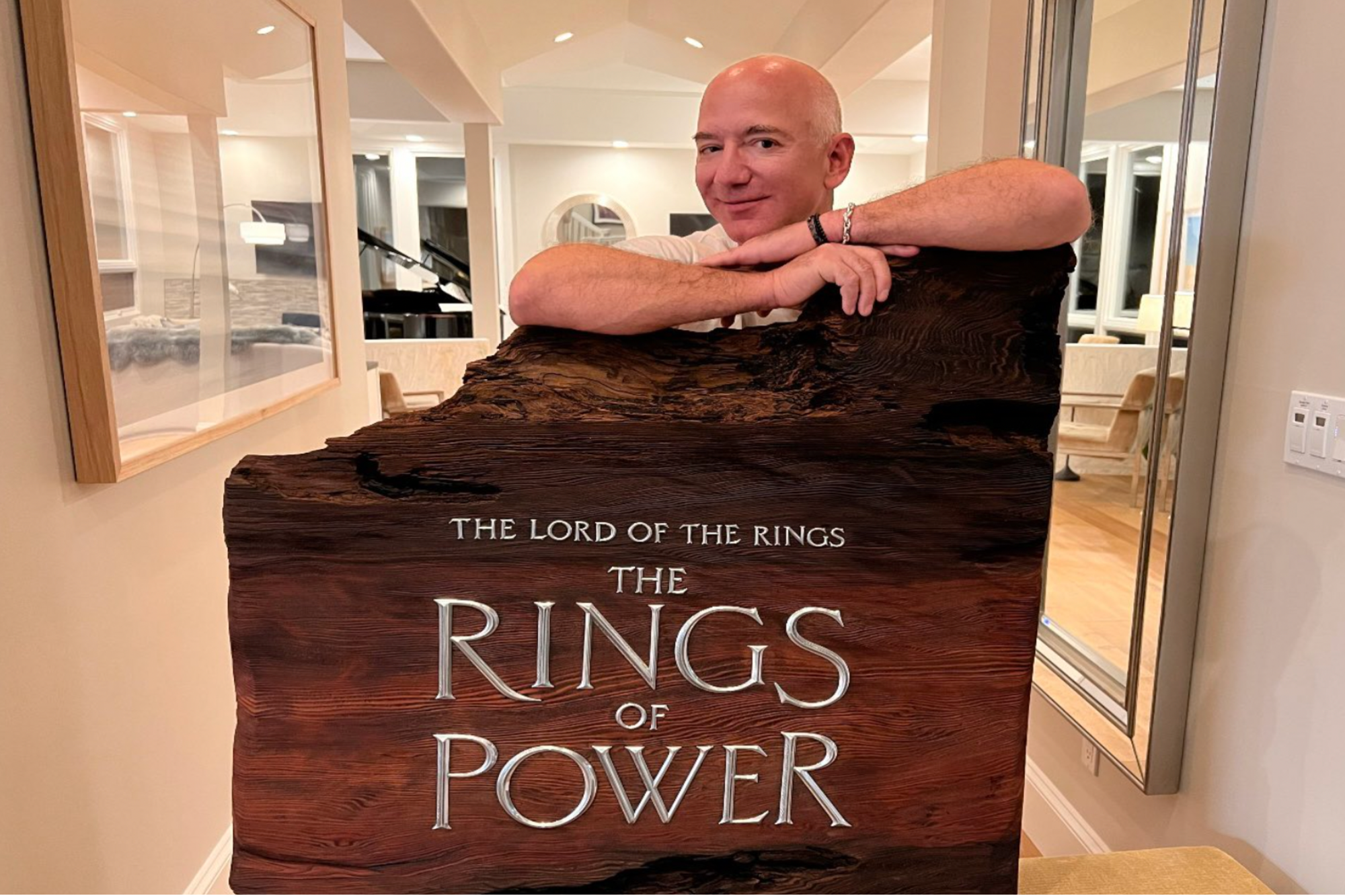
Let me start by giving context to Amazon’s adaptation. The company agreed to produce the Wheel of Time (WOT) show in 2018, suspiciously close to their 2017 acquisition of the television rights for The Lord of the Rings (TLOTR). Both of these fantasy franchises were understandably hot material to have in the wake of Game of Thrones’ TV success. Whilst it seems uber-rich Amazon CEO Jeff Bezos was personally involved in the negotiations for TLOTR and is a large fan of the franchise, that same passion is not evident in WOT.
Things get even more shady when you compare each series’ respective budgets: $80 million for WOT and an insanely massive $1 billion plus for TLOTR, 12.5 times larger (keeping in mind that Amazon plans to do at least 5 seasons for TLOTR, compared to at least 2 for WOT).
I may be making a leap here, but looking at the budgets, billionaire Bezos’s passion and release schedule of 2021 for WOT, 2022 for TLOTR - I believe the WOT series was more of an experiment/ entrée-like experience for Prime subscribers to get everyone warmed up and ready for TLOTR. Even if it isn't a testing ground for the behind the scenes team to film fantasy, WOT still feels like a poorly treated little/ step sibling when compared to the parents' favourite. Despite my misgivings about the books, if this is true this would be a really sad way to bring a popular fantasy series from the 90s to the screen for the first time, no matter what the producers say.
Background of the books and story
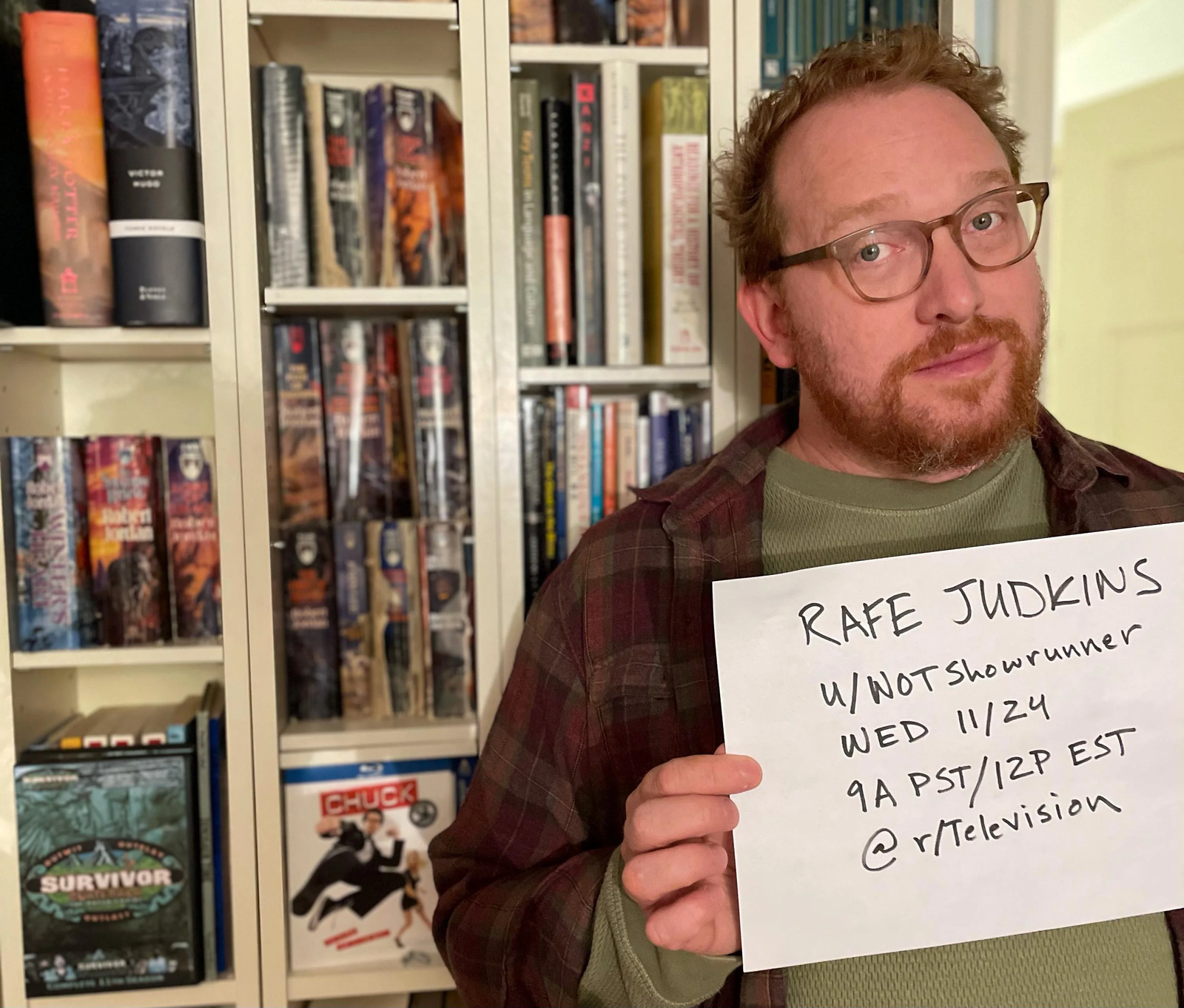
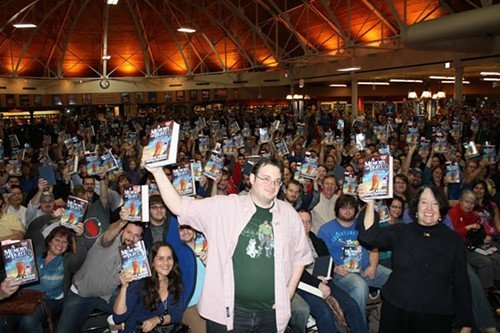
Now let’s move on to my issues with the plotting, characterisations and just general decisions made in bringing the books to life. When author Robert Jordan unfortunately realised his health issues could prevent him from finishing the WOT series before his death he brought on one of my favourite modern fantasy authors, Brandon Sanderson (read here for more info on his first series). Sanderson was even brought on as a consulting producer, and has written about his thoughts on some episodes on the r/WOT subreddit. Both he and I would like to stress however that he did not have that much say compared to the showrunners and other executives/ producers. Reading his comments back with the above information, it does seem that Amazon and the main team were angling for a Game of Thrones-like success which clashed with his feelings on the show's values. It seems a lot of hate from fans has been directed at Rafe and the production team - regardless of your feelings on a fantasy show adaptation, there's no need to personally attack people. Whilst I had certain expectations for the show, I don't want to direct any ill will towards the humans that worked on what is at the end of the day a fantasy TV adaptation.
As a quick summary of the show’s story, WOT takes place in a fantasy world with a matriarchal society of women who can ‘channel’, or use the One Power. The Dark One has been imprisoned for 3000 years since ‘the breaking of the world’, but is now threatening to break free as he hunts the one who can stop him - The Dragon Reborn. I think the above three paragraphs are enough background for the decisions made here.
Season 1 broadly follows the same plot as book 1 of WOT, The Eye of the World. When it was announced that the story would also pull elements from books 2 and 3, I thought it would be a smart way to avoid some of the Tolkien-tropes which I mentioned in my review of the book whilst accelerating the story. Whilst the story’s pacing was certainly increased, there were some drastic structural changes made in this 8-episode series that really harmed its capacity to tell Jordan’s story. I think every change made for ‘good’ has a detrimental effect on the world itself, which I’ll outline below.
🏞️ Issue #1: Settings
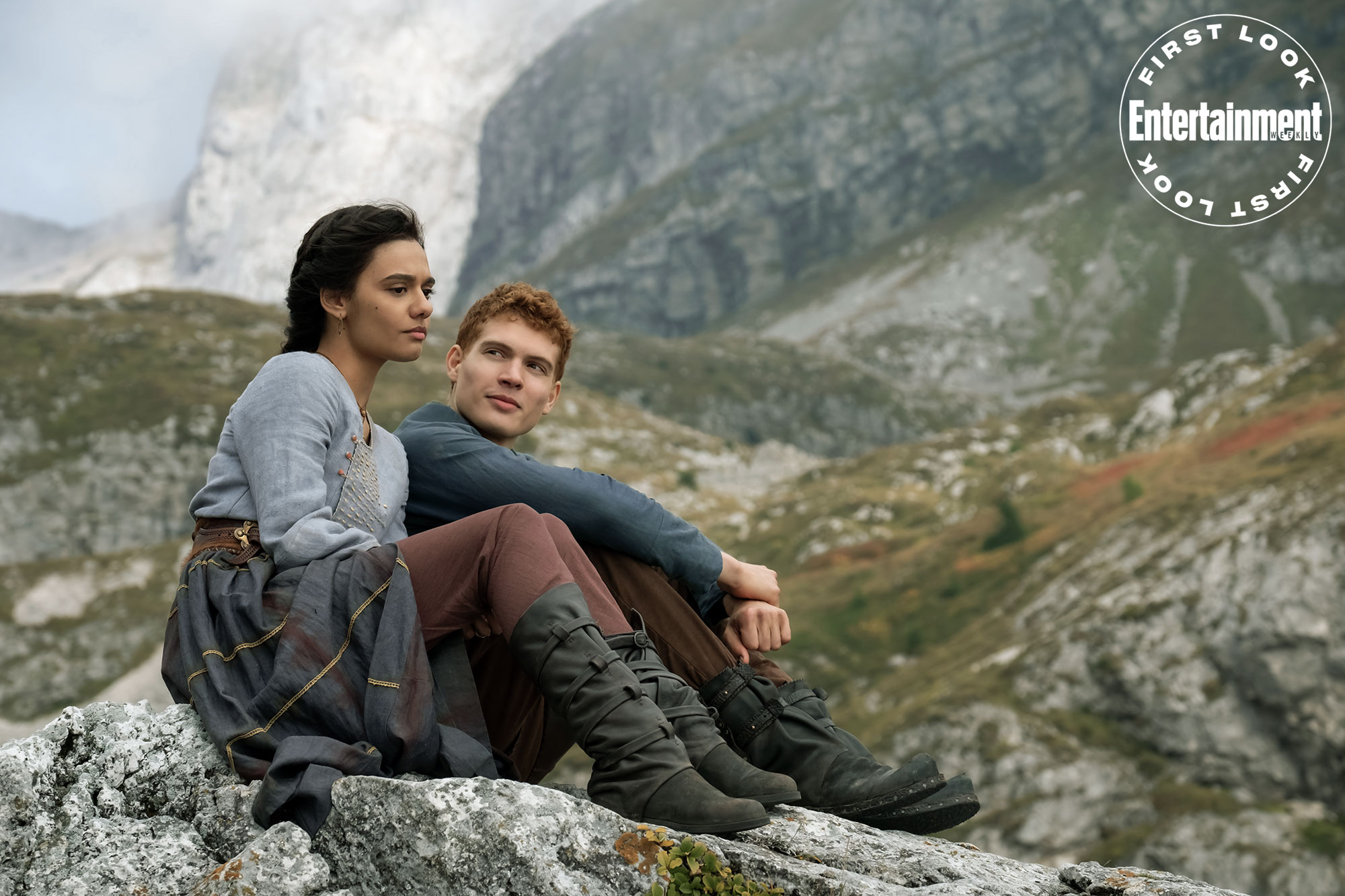
The show trims down the characters’ journey greatly to just key locations, one of which is changed for the series. The Two Rivers → Shadar Logoth → Whitebridge → Camelyn in the book/ Tar Valon in the show → Shienar → The Blight/ The Eye of the World. Whereas the book had meandering travel, each word helped flesh out locations and people. For one thing, the written form instilled a sense of size and awe in the characters that the show just glosses over as they go from name to name. The WOT books are known in particular for having hundreds of named characters, and whilst the show has limited time it could take a bit of care to present more interactons with other ensemble-like characters in the places they visit, not just Aes Sedai and Warders.
The sets themselves are, well, budget. To clarify, outside locations look fantastic and feel real. These include forests, rivers and mountains. It’s the towns themselves (outside of Shadar Logoth) that are just bare, sparse or facade-like outside of the initial establishing wide shot. As well as that, the book actually felt like a journey! The show compresses time and travel weariness so that viewers have no sense of scale or distance, especially when compared to the map. By condensing plot events in the show, the characters have actually travelled significant distances across the world. This aspect is lost on viewers as we move along to the next plot point.
🔍 Issue #2: The Mystery Aspect
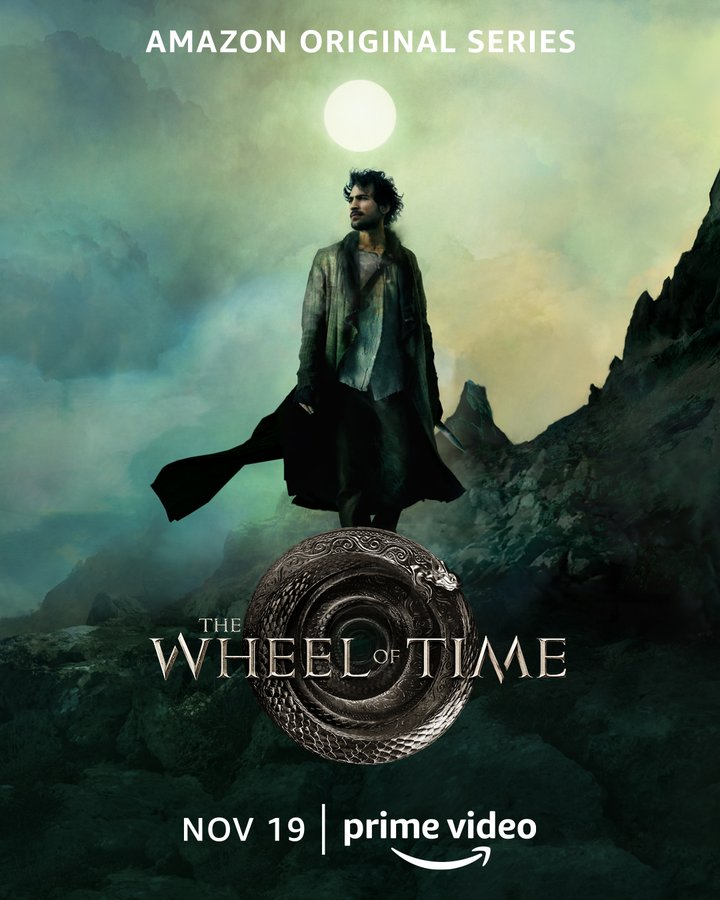
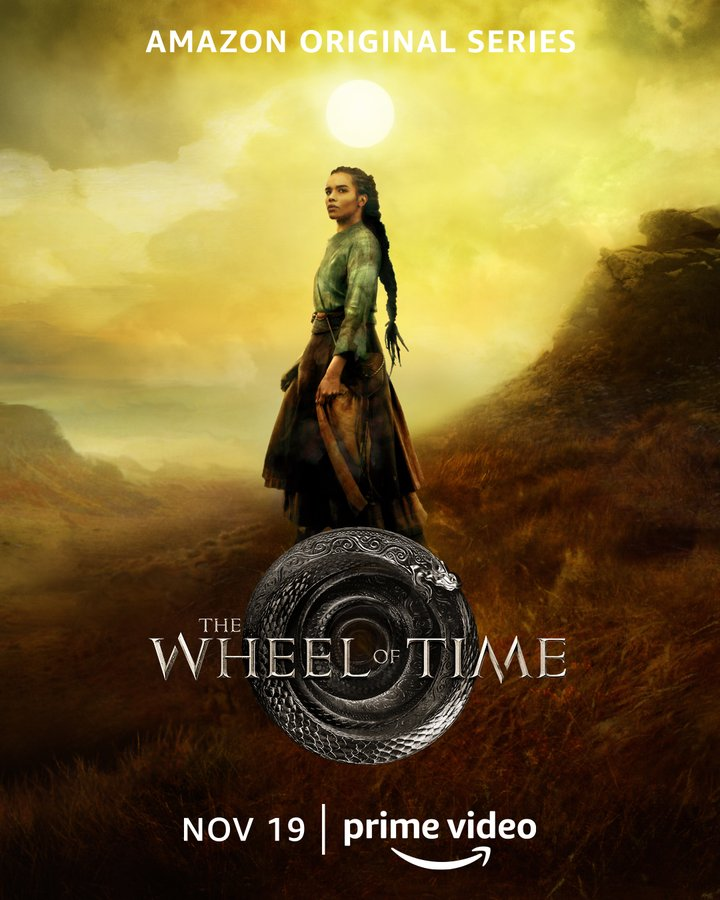
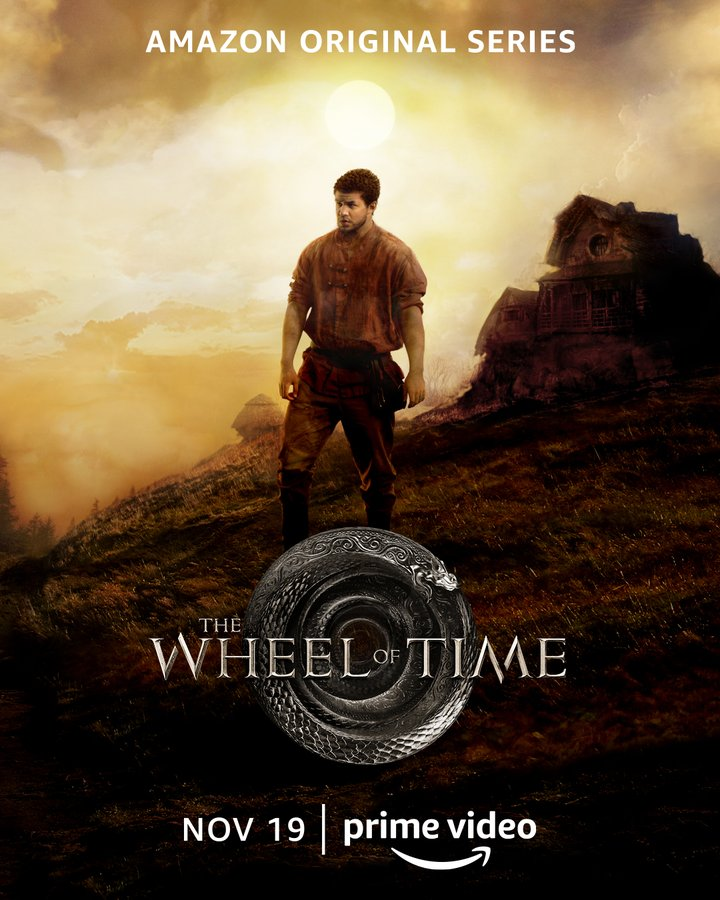
Moraine just straight up states that one of the five Emond’s Field characters is the Dragon Reborn at the end of Episode 1. This turns the show into a bit of a mystery, ala “Which one is the Dragon Reborn?”. Smart move to keep viewers hooked into weekly episode premieres, but terrible choice for the integrity of the world for two reasons. Firstly, who the heck is the Dragon Reborn? A little monologue at the beginning isn’t enough to sell it. Despite my surprise at the conclusion to this plotline in the Eye of the World book, I could tell that the Dragon was a big issue in the series as it is constantly mentioned in the background and worldbuilding. People chat about wars in distant places over ‘False Dragons’, and the book literally opens with a prologue between Lews Therin and The Dark One. This makes it hard to care who becomes the Dragon in the show, despite them drip-feeding information over following episodes.
This second reason could be considered a spoiler for the show, so just skip to issue three below if you plan on watching. This is important in the books - The Dragon Reborn can only be a male. Why? Because for 3000 years the Aes Sedai have existed, using the One Power since the male half (Saidin) was tainted during the Breaking of the World caused by the last Dragon. The Red Ajah’s role is to hunt and still any men who channel, and therefore tension arises in the book as the Dragon is meant to save the world but can also be stopped by various parties before he realises his potential. This is even supported with the show's opening of a Red Ajah group hunting and gentling (removing a male from the one source) of a man who can channel. With two of the five Emond’ Fielders being girls, there is an instant issue since in the books it’s actually ok for women to channel and they are encouraged to learn how to use their power, compared to the men who must hide for it. This nuanced aspect of the story and the gender-based power structure of the world is lost in the TV adaptation.
🧑🤝🧑 Issue #3: The ageing up of the main cast
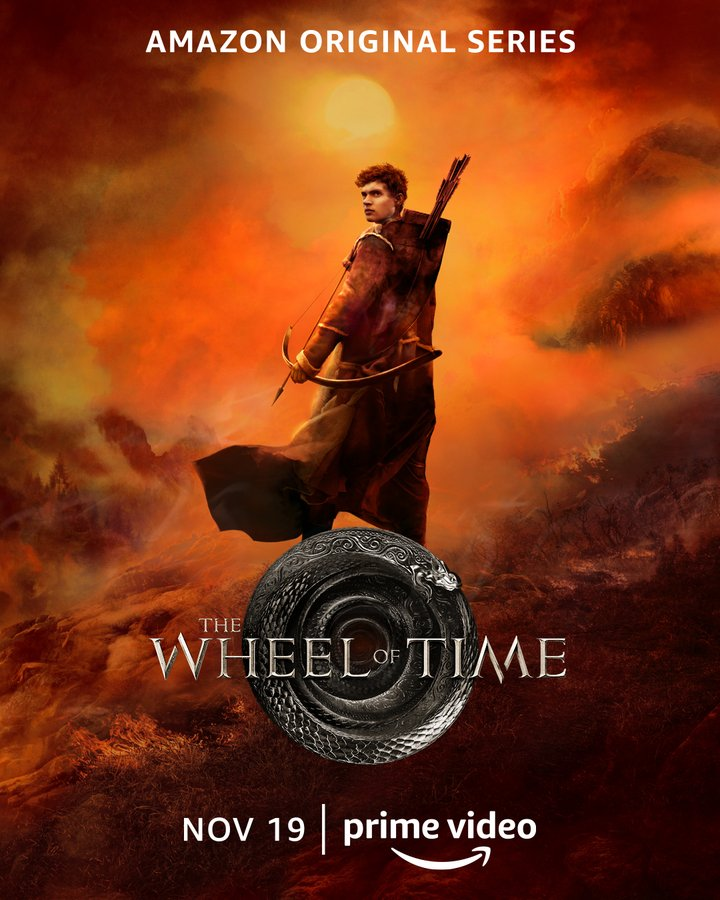
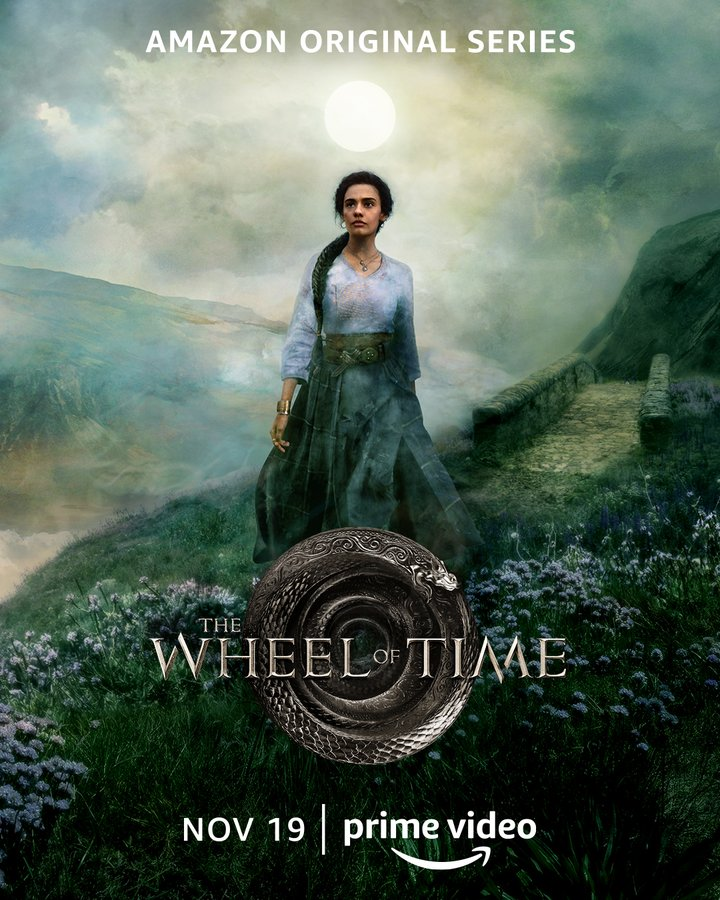
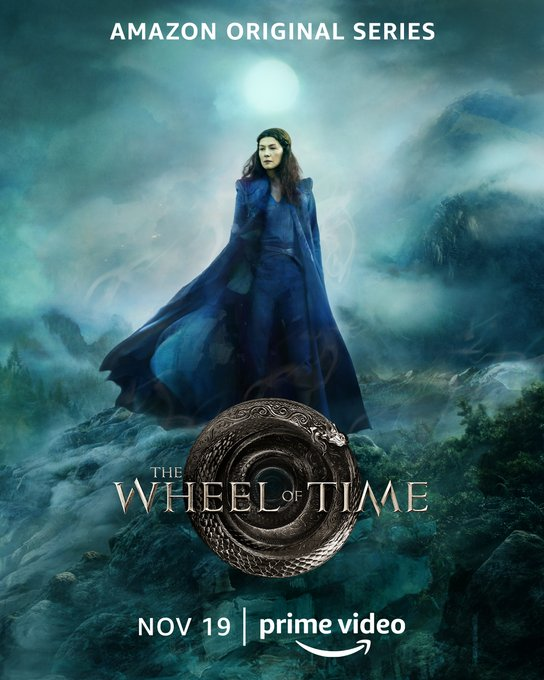
The five young characters in the WOT books are annoying. There’s no doubt about it, but it’s a teenage trait and their maturity as the series progresses is a clear signal to the audience of their growth. By the way, I have no issues with the show's diversity - honestly I'm all for a cast that reflects the global make-up of our world, as long as the actors can embody and represent the character. I didn’t mind having Nynaeve and Mat’s stories play out the way they did, but man did Perrin suffer! A certain incident occurs in episode 1 that was not at all in the original book. As a book reader I can understand the writing team’s intention of providing Perrin a clear visual and physical reason for his emotional turmoil, which is mostly relegated to mental exposition on the page in the book. However, it was an example of poor taste in treatment of women and continuing a terrible trope from 20th-century fiction that is pretty much ignored for the remainder of the season.
This brings me to my next point, the earlier establishment of Egwene and Rand’s relationship. From the moment it was clear the characters had sexual interactions, I found myself shocked at the content - simply because they are innocent characters in the book who each undergo their own issues with each other and have experiences with the opposite gender that directly contribute to their growth. All of this is shoved aside for the sake of including ‘steamy romance’ to appeal to the adult viewing audience from Game of Thrones. Alongside a very blunt nude scene in the second episode featuring two different characters and multiple implied sex scenes late in the series, I found myself shocked at the adult nature of what was a coming-of-age fantasy book series. Perhaps this has to do more with my own personal taste, but I believe that even if the ageing up and maturity ideas were successful, I am not rooted enough in each character's perspective or struggle to care.
🧙♀️ Issue #4: Systems of Magic and Action
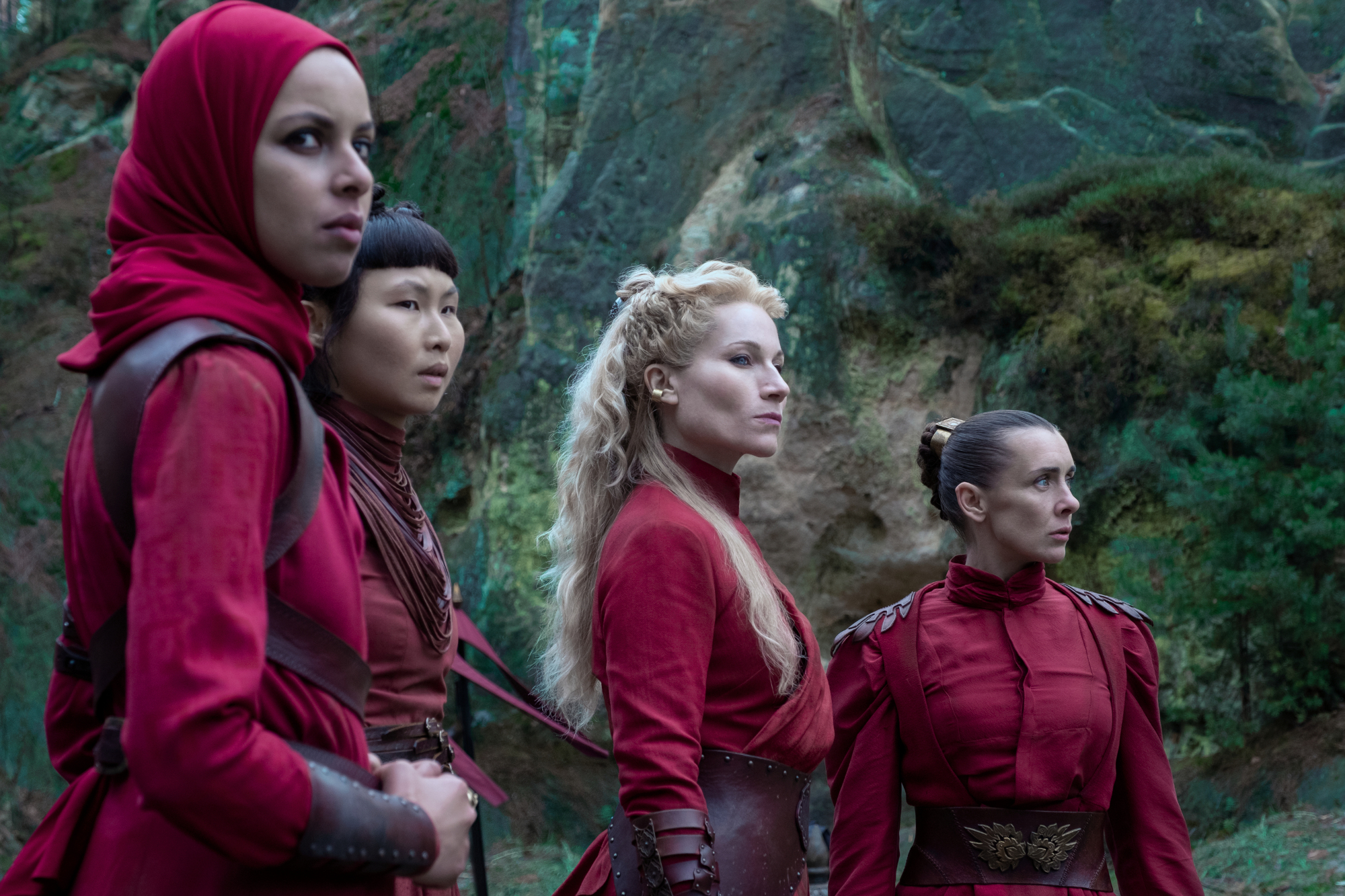
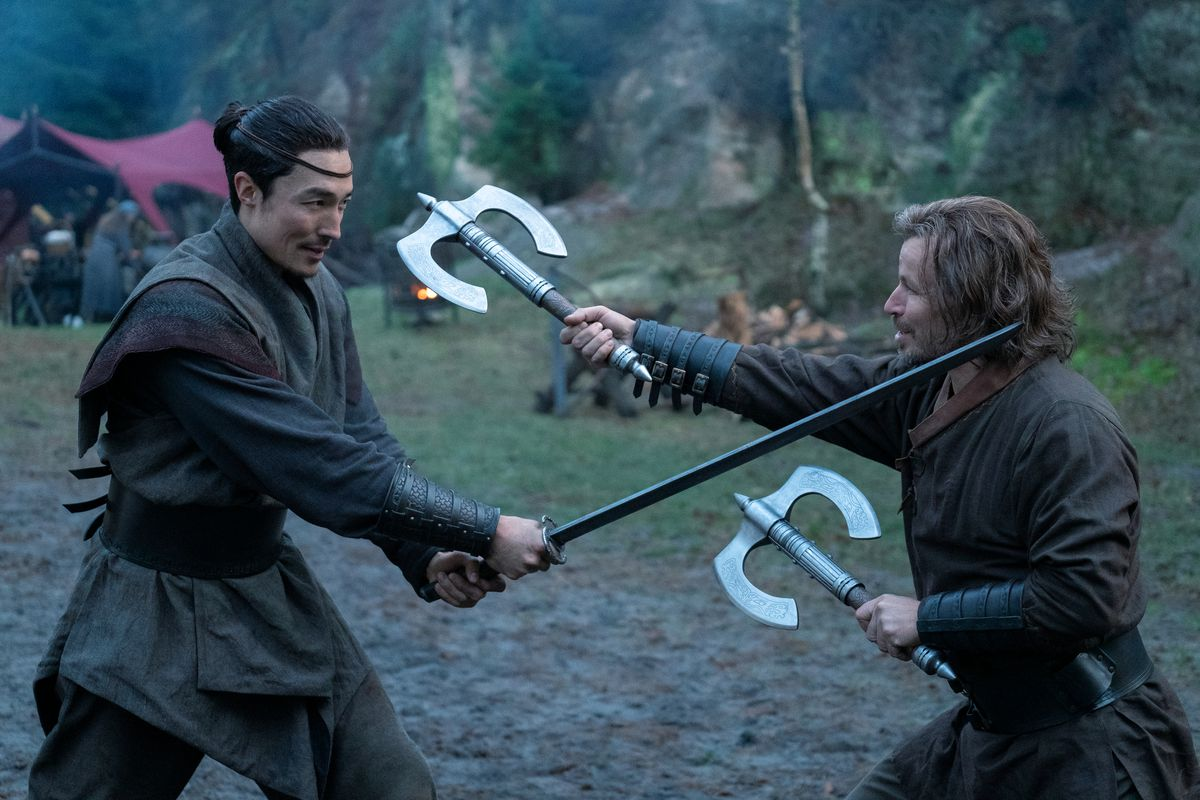
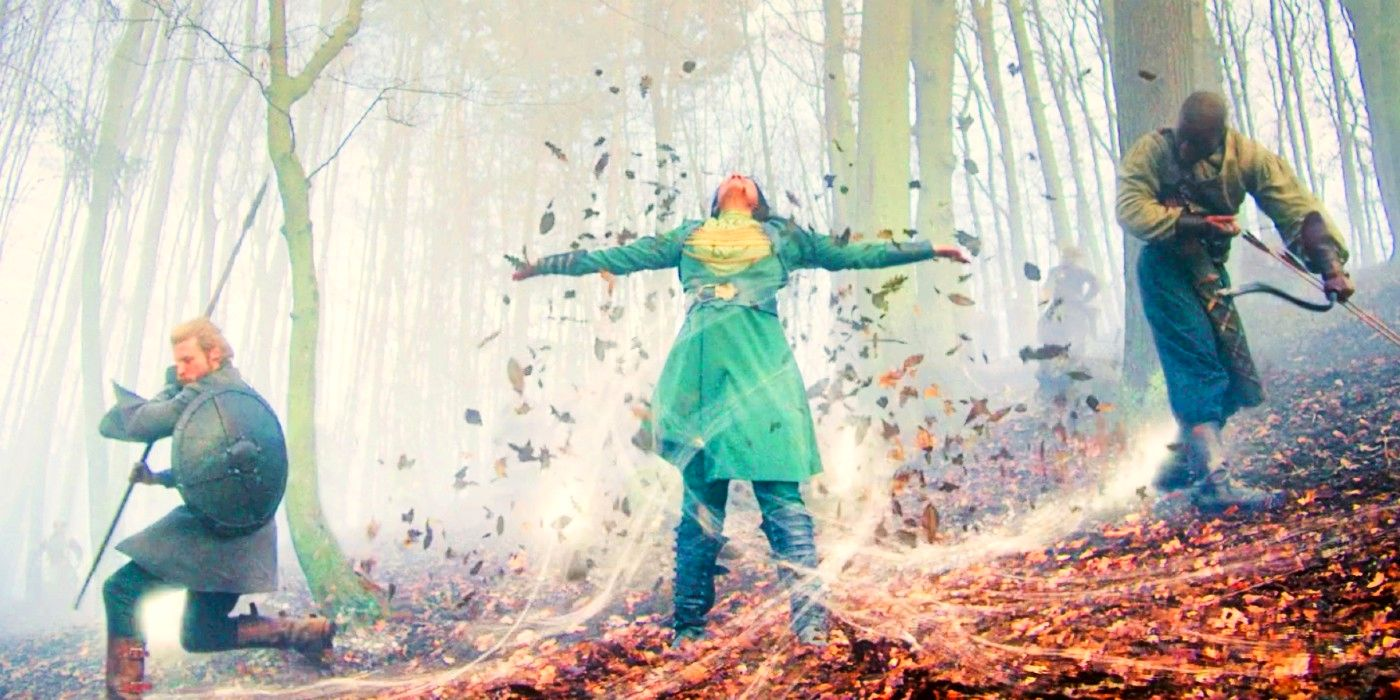
Credit where credit is due - warders are shown clearly defending their Aes Sedai as they cast spells, right from Lan during the first episode. However, Rand carries a heron-marked blade. This has meaning for both his character and swordsmen in the world. Moraine explains the magic system to Egwene and Nynaeve, but misses the five elements of air, water, earth, fire and spirit that form its weaving. Fades hunt the group, but they are never explained as a separate threat to Trollocs or given their own suspenseful moments. Draghkars hunt the group in the book but are missing here, and novel Trollocs had differing designs based on strange mish-mashes of natural beasts but here are all the same. The Dark One was a prevalent sleep-stealing antagonist who we slowly learn more about in the first book, and has multiple interactions with our ta’veren before becoming a fully realised threat. And don’t even get me started on the world-reduction of the last episode, which takes me straight to my last point.
😵 Issue #5: The Show's Treatment of Death
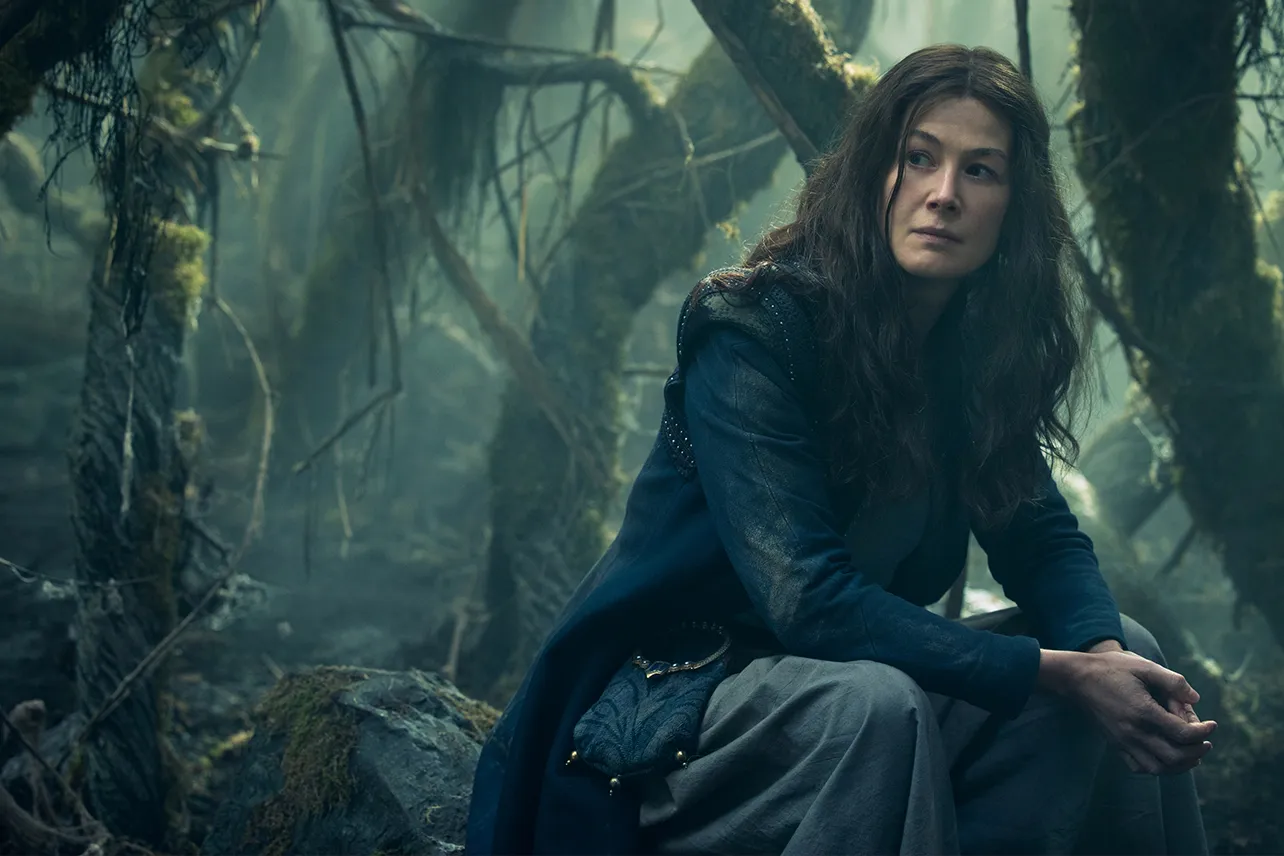
There is a shocking moment at the midpoint of the series, then a character unleashes their full potential and most of the calamity is reversed. One character still dies during that episode, and then we follow a journey of grief through a location that isn’t even in Book 1 - and completely removes viewers from the main plot regarding our five young protagonists and the Dragon Reborn for two episodes. You would think that in a limited 8-episode series, the creative team would stick to our main cast as much as possible and not invent new storylines and subjects. I could make another comparison to the reception of Game of Thrones season 8 here.
Even worse however is the ending of the series, which deviates greatly from the source material. A combination of budget constraints and behind the scenes cast issues present a finale that is honestly much less epic than that of the book. As noted in my review, The Eye of the World’s conclusion was one of its strongest moments and that powerful sequence is not just removed from the Dragon, but changed in a way that confuses viewers of other characters’ power scales. Whilst a lot was introduced in the book’s finale, the ally and two threats along with the Blight itself were just a lot more grand than the gnarled trees presented in the show. The mistreatment of death continues here, with characters being harmed in ways that almost inevitably lead to them dying, but the script/ magic system and writer’s comments after the episode’s release dismiss these claims. By doing this in season 1, you are setting up a lack of belief in the rules of the show and the fate of our characters moving forward. One character suffers a fate that I am not even sure is in the books (it definitely isn’t in the first 3, which is where I’ve finished up to), and although this intrigues me as it has to have been done with a purpose in mind by the writers (right?!), I am also just questioning the why of it.
I don’t want to get into the whole political/ woke argument, but there definitely was an undercurrent of female power in the TV show and especially the finale that ultimately felt unnecessary. In the books, Jordan’s entire world is developed around the Aes Sedai, a matriarchal society of powerful females, and is a lot more elegant in it's treatment of this aspect of the story.
What I liked
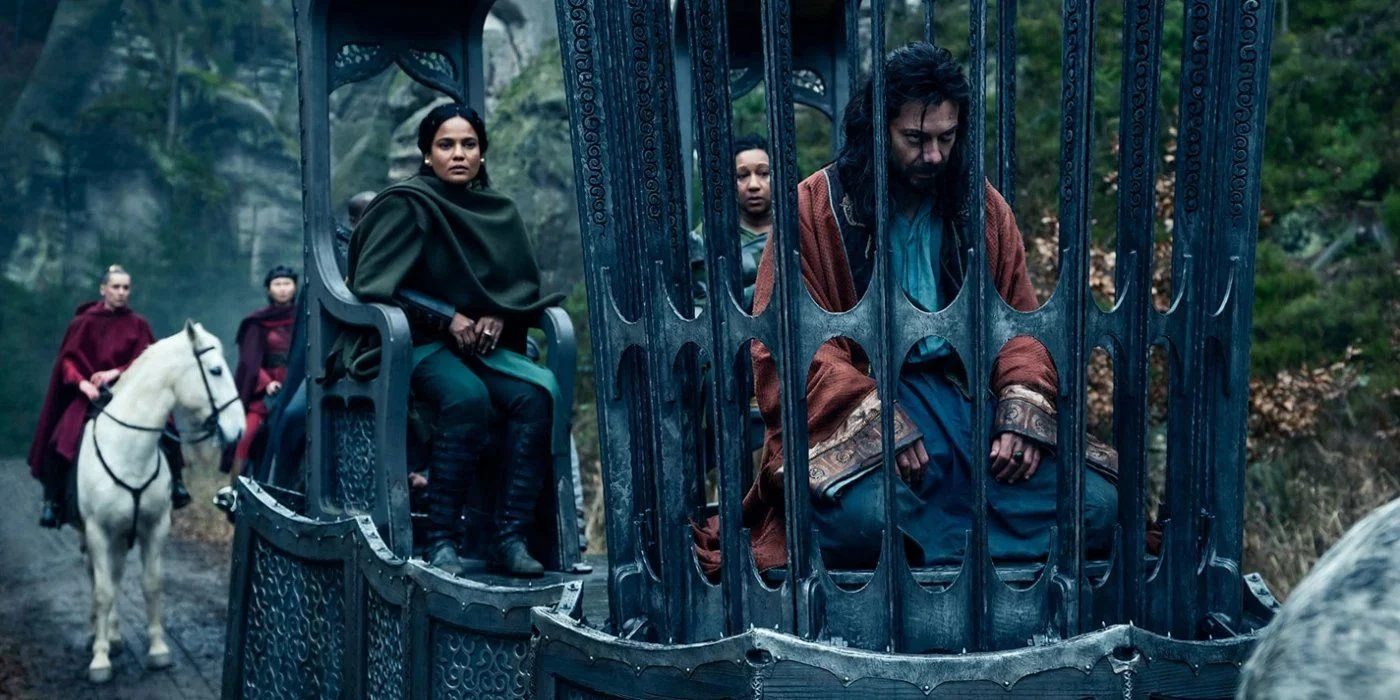
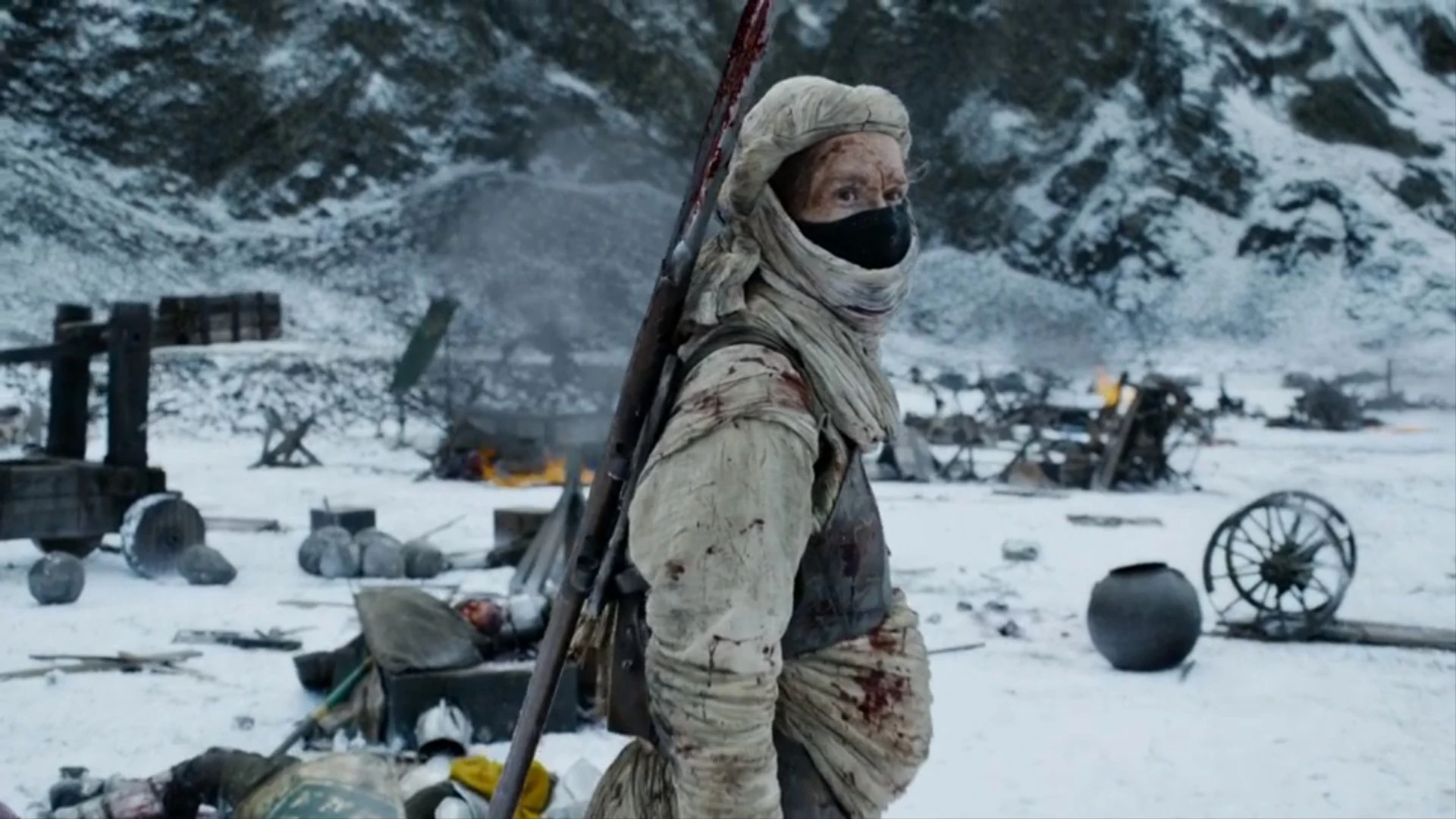
So what did I like? Ahaha, it may seem hard to see any positives from my scathing breakdown above. However, the show did have some positives going for it. Underneath the issues with ageing and magic system mentioned above, the core of these characters seems to be intact which is key moving forward. In fact, one particular romance was developed much better in the show than the first book. This can be attributed to the actors’ chemistry with each other, the way their interactions are shot and the additional lines given to their relationship.
Whilst I had major issues with episodes 1, 2, 5, 6 and 8, my favourite episodes were 4 and 7. Episode Four "The Dragon Reborn" had some truly epic action sequences and finally a sense of danger alongside worldbuilding. Episode Seven "The Dark Along the Ways" delivered some great character interactions and had a brilliant live-action depiction of the Aiel.
The finale did have some issues from a lore-breaking perspective, but I thought the writers' were smart in changing the Dragon’s interaction with the Dark One to being a demonstration of the multiverse-nature of the Wheel of Time. As mentioned above, all the sets with natural locations were fantastic, but the cities need more work apart from just being wide-shots. And being gratuitous is fine when the core of the story, characters and themes are still present.
Concerns for the future
At the end of the day, Brandon Sanderson said it best: view this 'like another turning of the Wheel', and not as the definitive story (for which the books will always remain). I may seem harsh but there are good signs from this show - an increase in WOT book sales, a resurgence of participation and discussion in online fan communities and evidence to studios that there is still a strong market for fantasy and fiction book adaptations.
So why does this make me afraid? Because The Lord of the Rings is one of the most beloved franchises to my heart, and if this season was evidence of how Amazon treats its fantasy properties, I am really worried for TLOTR show coming out later this year. WOT has demonstrated that budget is not enough; care and a lot of luck/ the right factors falling into place is needed for a successful fantasy adaptation.
Will I watch season 2 of this show? Only if there is enough distance between the books and the show’s story. What I mean by that is the issues above both reminded me of my frustrations reading the first three novels which were fresh in my mind, which in turn made the show so much worse in comparison. If I have read up to books 6, 7, 8 then I feel that’s an appropriate distance for me from the show’s plot which is likely pulling from books 2-4 in the next season. I appreciate that the show is already setting up a book 2 threat, but I can already foresee that this will be heavily adulterated like much of series one's content. Hopefully the writers and studio take the fan feedback from this season, provide a better budget and craft a stronger storyline that serves justice to the long and richly detailed book series.
For all entries in the Wheel of Time series, see the tag below:
Or continue reading the series with Part 3 below:
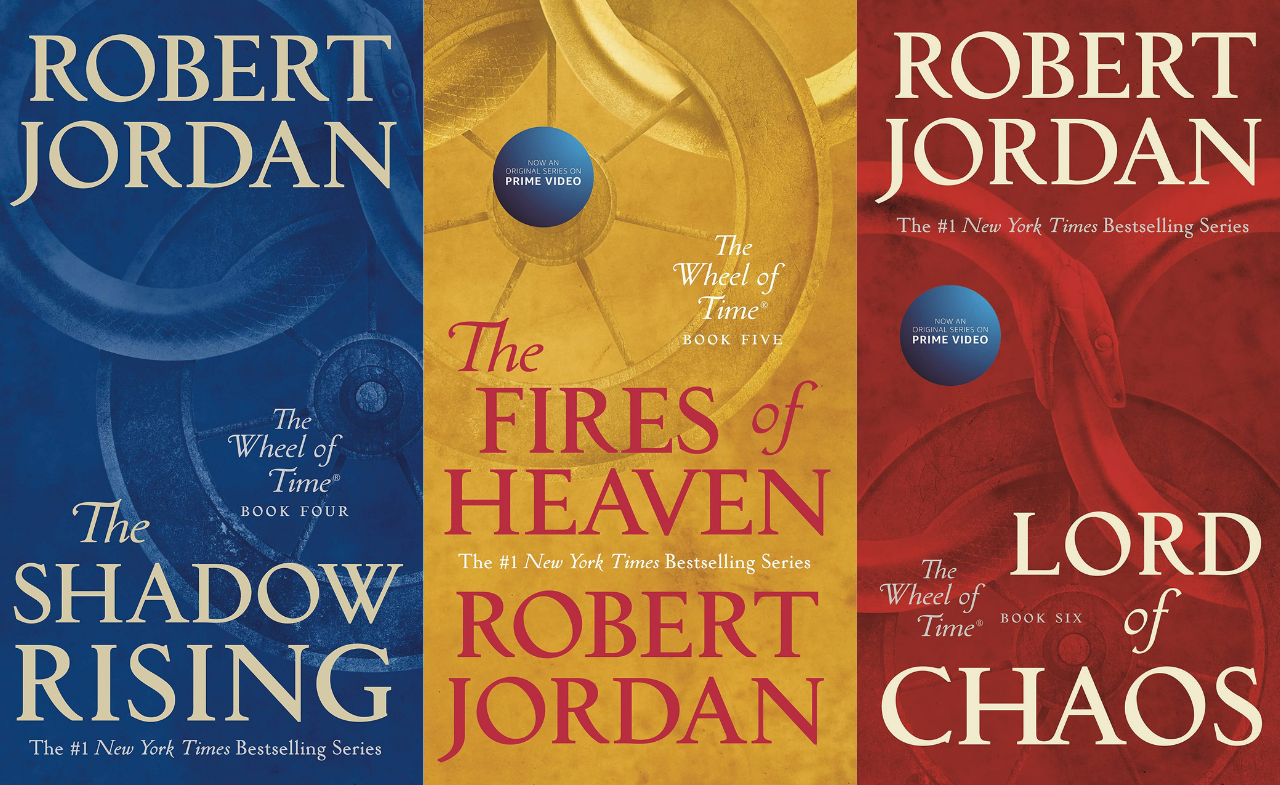
📖 Thank you for reading the article!
📚 As always, you can find more book reviews on my Goodreads account here 😃


